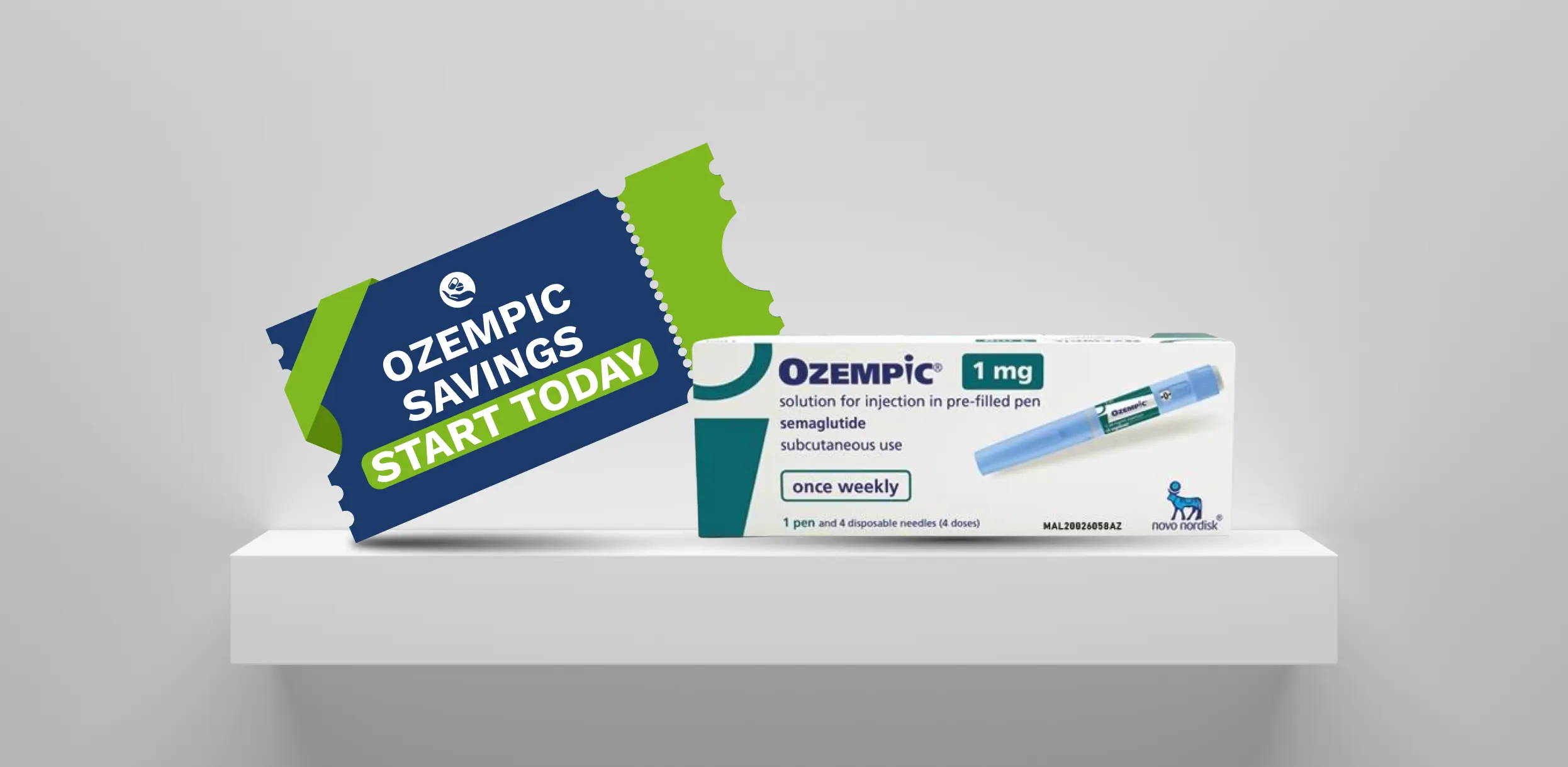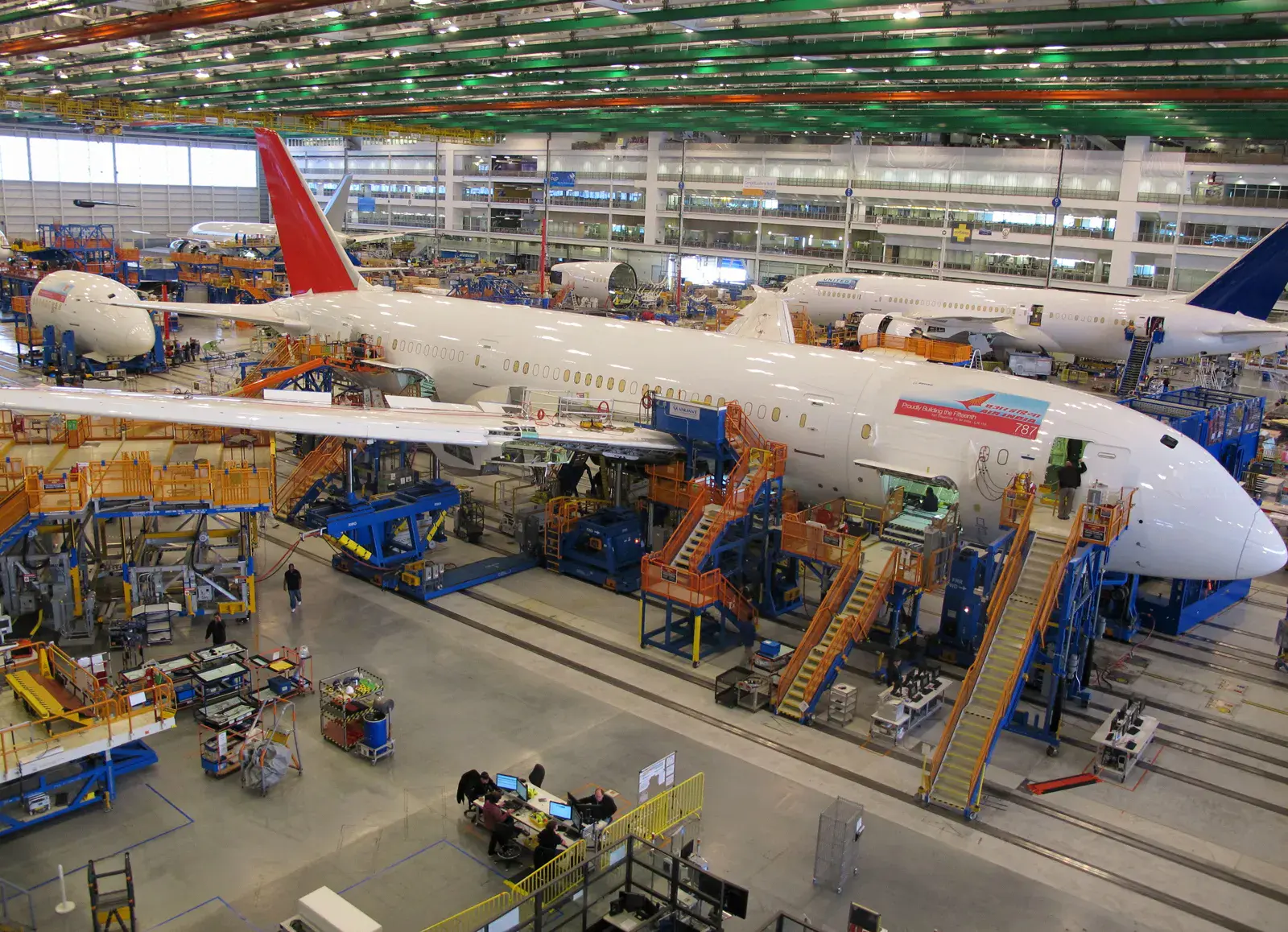Everything You Need to Know About Starting a Franchise
Starting a franchise can be an exciting business opportunity, offering the chance to become your own boss while leveraging an established brand. Whether you’re looking to open a food franchise, a retail franchise, or a service-based franchise, there are several factors to consider before jumping into the world of franchising. This article will guide you through the essential steps, benefits, and challenges of starting a franchise, helping you make an informed decision and successfully launch your own business.
What is a Franchise?
A franchise is a business model where a franchisee (you) buys the rights to open and operate a location of a larger, established brand (the franchisor). In exchange for the right to operate under the franchisor’s name and business system, the franchisee pays an initial fee and ongoing royalties. The franchisor provides marketing, support, training, and an established business model to help the franchisee succeed.
Key Steps to Starting a Franchise
Before you start your franchise, it’s crucial to understand the key steps involved. Here is a breakdown of the process:
1. Research and Choose a Franchise
The first step in starting a franchise is to research various franchise opportunities. Look for brands that align with your interests, skills, and investment capacity. Consider the following factors when choosing a franchise:
- Brand reputation: Make sure the franchise has a strong reputation in the market.
- Investment requirements: Understand the initial costs, including franchise fees, equipment, and working capital.
- Support and training: Ensure the franchisor provides comprehensive training and support.
2. Review the Franchise Disclosure Document (FDD)
The Franchise Disclosure Document (FDD) is a legal document provided by the franchisor that outlines key details about the franchise opportunity. It includes:
- Franchise fees and ongoing costs
- The franchisor’s obligations
- The franchisee’s obligations
- Franchisee success rates
It's crucial to review this document with a lawyer or business advisor to ensure you understand the terms and conditions before signing any agreements.
3. Secure Financing
Starting a franchise can require a significant investment. You will need to secure financing for both the franchise fee and the ongoing operational costs. Common sources of financing include:
- Personal savings
- Bank loans
- SBA loans
- Franchise financing companies
4. Sign the Franchise Agreement
Once you’ve completed all the research and have secured financing, you’ll sign the franchise agreement, which outlines the relationship between the franchisee and franchisor, as well as the terms and conditions of your franchise business.
5. Set Up Your Franchise Location
After signing the agreement, you'll need to set up your franchise location. This includes finding a suitable location, building out the space to meet brand standards, purchasing equipment and supplies, and hiring staff.
6. Open and Operate Your Franchise
With everything set up, you can open your franchise location and begin operating. You'll follow the franchise’s operational guidelines and continue to receive support and training from the franchisor as you grow your business.
Costs of Starting a Franchise
The costs of starting a franchise can vary widely depending on the type of business and brand. Below is a table that outlines the typical costs associated with starting a franchise:
| Franchise Type | Initial Franchise Fee | Total Initial Investment | Ongoing Royalties | Other Costs |
|---|---|---|---|---|
| Food Franchise | $10,000 – $50,000 | $100,000 – $500,000 | 4% – 8% | Equipment, Inventory |
| Retail Franchise | $5,000 – $30,000 | $50,000 – $300,000 | 3% – 6% | Inventory, Lease |
| Service Franchise | $10,000 – $40,000 | $50,000 – $200,000 | 5% – 10% | Marketing, Staffing |
| Home-Based Franchise | $1,000 – $25,000 | $10,000 – $100,000 | 5% – 7% | Home Office Setup |
Advantages of Starting a Franchise
Starting a franchise offers several key advantages, including:
- Proven business model: Franchises come with a tested business model that increases the likelihood of success.
- Brand recognition: You benefit from the franchisor’s established brand reputation and customer base.
- Training and support: Franchisors provide extensive training and ongoing support to help you operate your business effectively.
- Marketing resources: Franchisors often provide national and local marketing strategies to help promote your business.
Challenges of Starting a Franchise
Despite the many advantages, there are some challenges to consider:
- Initial investment: The upfront costs can be high, especially for popular franchises.
- Ongoing royalties: You will need to pay ongoing royalties, which can impact your profit margins.
- Limited control: As a franchisee, you are bound by the franchisor’s guidelines and operational standards, which may limit your ability to make independent decisions.
Final Thoughts
Starting a franchise can be an excellent opportunity for aspiring entrepreneurs, offering the benefits of an established brand and proven business model. By understanding the steps involved, the costs, and the potential advantages and challenges, you can make an informed decision and embark on a successful journey as a franchisee.
Explore

Frequently Asked Questions About Over Denture Implants: Everything You Need to Know

Hair Growth Serums: Real User Reviews and Results You Need to Know

What to Expect from New Child Support Laws in 2025: Key Changes You Need to Know

How to Save Big on Ozempic: Top Coupon Offers You Need to Know

Tax Implications of Receiving a Stimulus Check: What You Need to Know

Flying Safe: What You Should Know About Private Jet Charter Standards

Top 10 Aerospace Companies You Should Know in 2025

Top Bladder Cancer Treatment Options You Should Know About
